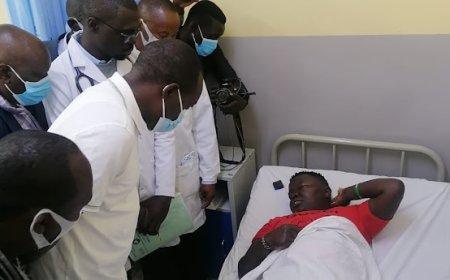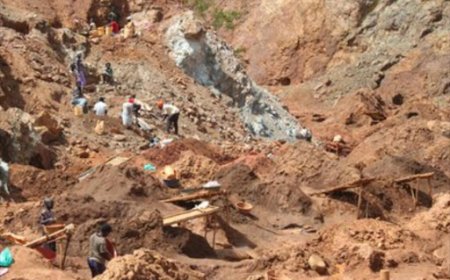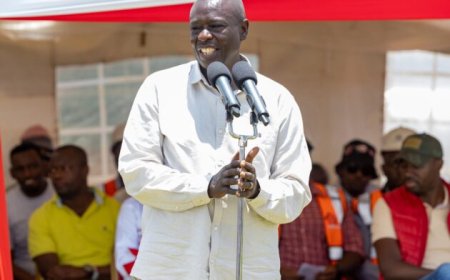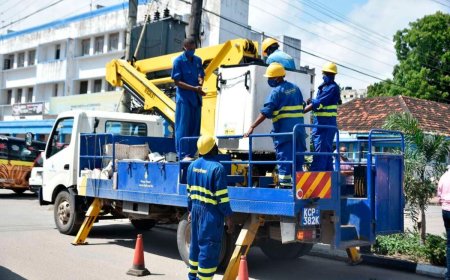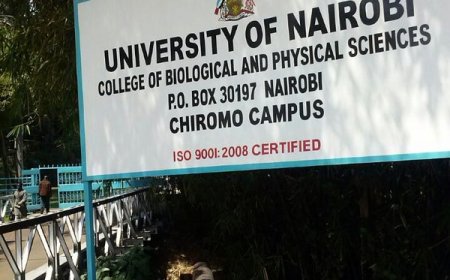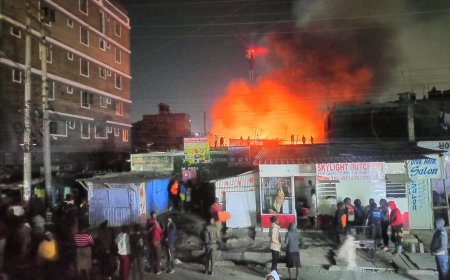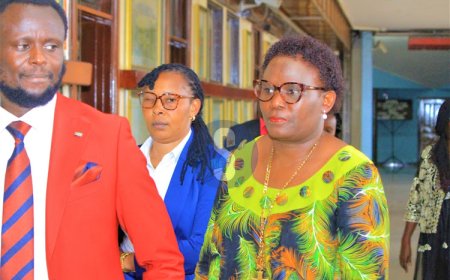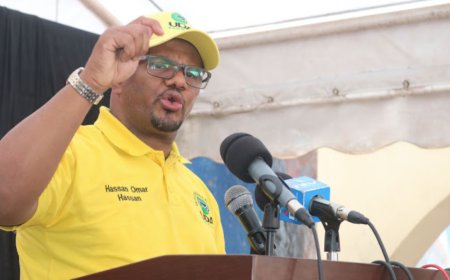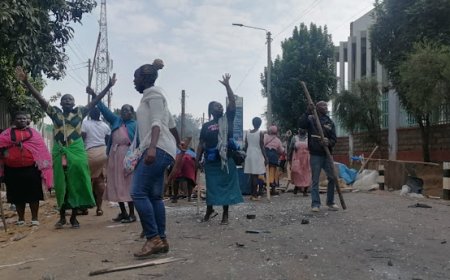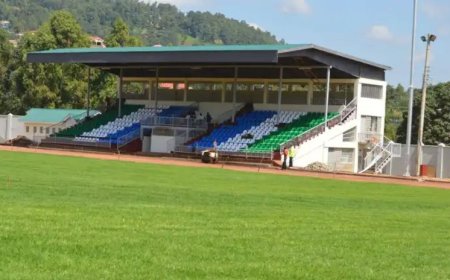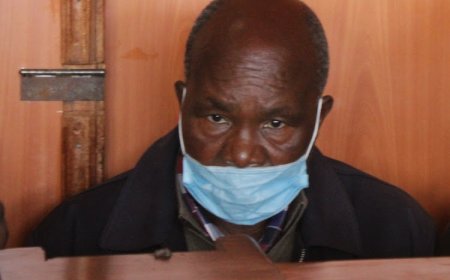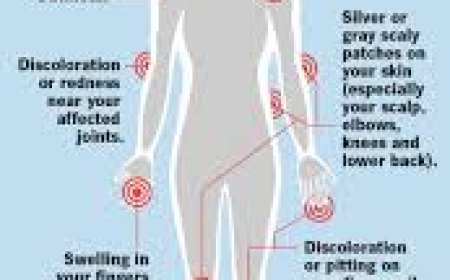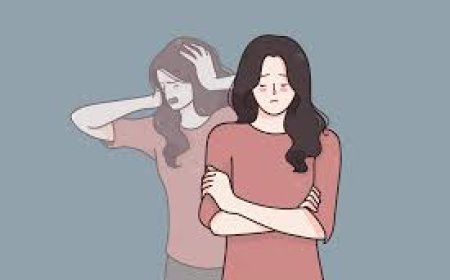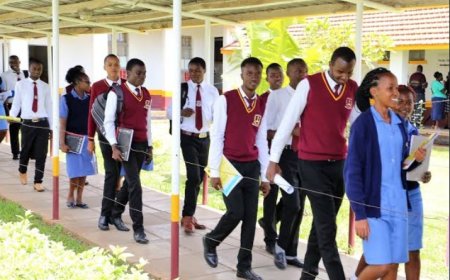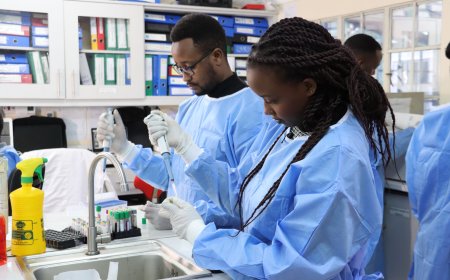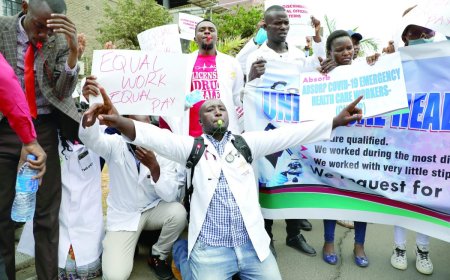KISII FISTULA SURVIVORS CELEBRATE THEIR JOURNEY TO RECOVERY.
According to the World Health Organization (WHO), fistula affects between 50,000 and 100,000 women and adolescents each year. One of the main causes of maternal death is directly related to the onset of obstetric labor.
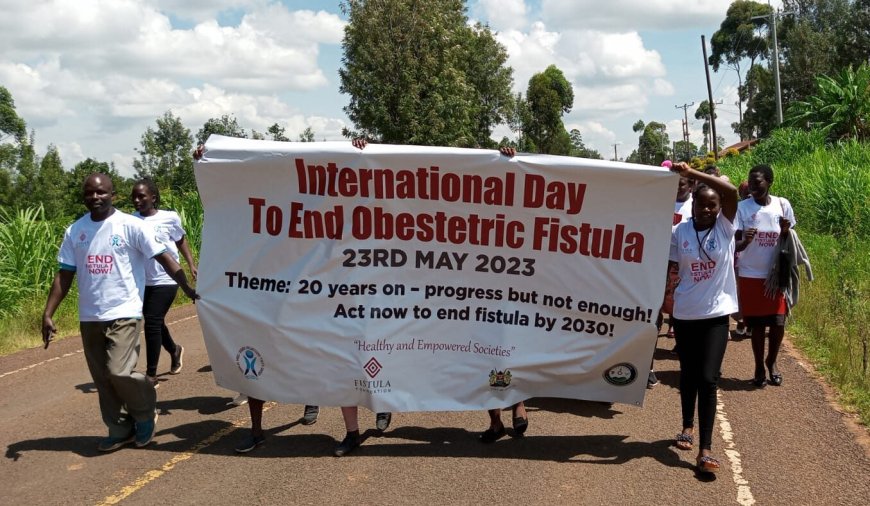
On the eve of World Obstetric Fistula Day, which focused on "overcoming barriers to provide more treatment," many survivors of obstetric fistula in Kisii came out to raise awareness of the disease, which is still a major public health concern in African nations.
At the Daraja Mbili market, these women had the chance to share their stories and encourage other women who may be affected by obstetric fistula to seek medical attention to increase awareness of the conditions, causes, and prevention of this condition.
In recounting her road to recovery, survivor Lilian Moraa said that, although she was unaware of her condition upon giving birth to her second child, she had developed an obstetric fistula. Despite this, she treated the issue as if it were a tear and was hopeful that she would heal in three days.
"The condition deteriorated after I was discharged, and I also found that I couldn't control my short and long calls," Moraa said. "The blood leaking from my birth canal increased."
Moraa hid herself and didn't want to tell anyone about the changes in her body out of fear of stigmatization and possibly losing her marriage. She even heard an odor. Moraa was even afraid to tell her husband about the alterations.
She opened up and discussed her physical changes when her husband sat her down and tried to ask her why she was isolated from everyone and why there was an odor. However, before they could go to the hospital, she found out she was expecting her third child.
Nevertheless, after seeing the doctor, they learned that the condition was an obstetric fistula. "I chose to postpone seeking treatment for my fistula until after giving birth because I was concerned about the risk to my unborn child and the anxiety of carrying a pregnancy."
Another survivor, Roseline Mongare, said that she had a fistula with the birth of her last child. She couldn't control her brief call, as she found out after being released from the hospital.
She said, "I worked up the guts to tell my husband to accompany me for tests and treatment. He called the nurse who had cared for me during my delivery."
Moraa and Roseline are two of the hundreds of women who support public health concerns as members of Daraja mbili Vision. Roseline is leading the charge in raising awareness about the need to eradicate obstetric fistula in the Kisii community.
According to these women, they are not solitary or afraid to go about their everyday lives like other members of the community.
"I recovered from this illness, so now I can go to merry-go-round meetings, celebrate with other women, and even take care of my wife," she remarked.
To enhance public health in this community, including obstetric fistula treatment, HIV/AIDS, tuberculosis, gender-based violence, and many other issues, Daraja Mbli Vision is focusing on women and youth, according to Everline Kwamboka, an official there.
"We are delighted to share with our survivors and offer hope to those who are withdrawing because they are afraid of being stigmatized by others in their community," Kwamboka stated.
She mentioned that they work with the Fistula Foundation to restore women's dignity and that they provide free medical care and therapy to sufferers through the Global Fund.
She continued by saying that despite all of these obstacles, the stigma associated with fistulas and beliefs surrounding the condition prevent women with comparable conditions from seeking treatment.
"We have made contact with 1,700 women in the community, and they come out after hearing about it from the media and keeping it a secret," Kwamboka said.
According to Matiko Giyabe, the director of medical services for Kisii County, the county has collaborated closely with nurses and gynecologists at hospitals to make sure women who get this illness receive prompt treatment.
He said, "We also organize free medical camps and invite women who have this illness to come seek treatment to regain their dignity."
He mentioned that every woman now has the chance to give birth in a dignified and safe manner because of the efforts made by the county government.
Gynecologist Victor Moseti said that this problem frequently arises from labor that is prolonged or blocked and does not receive prompt medical attention, leaving a hole in the body.
According to gynecologist Victor Moseti, this condition frequently arises from prolonged or obstructed delivery without prompt medical assistance, resulting in a perforation between the birth canal and the bladder or rectum.
Obstetric fistula can be avoided by "seeking medical treatment early enough and preventing prolonged labor during childbirth," the doctor stated.
The United Nations Population Fund reports that each year thousands of women still suffer the terrible effects of obstetric fistula.
This birth damage, caused by extended and obstructed labor, is not only a medical problem; it is also a manifestation of structural injustices deeply embedded in society.
UNFPA has funded 140,000 fistula repair surgeries in the last 20 years, and between 2018 and 2023, more than 12,000 women and girls got assistance with their social reintegration.
According to the World Health Organization (WHO), fistula affects between 50,000 and 100,000 women and adolescents each year. One of the main causes of maternal death is directly related to the onset of obstetric labor.
What's Your Reaction?










